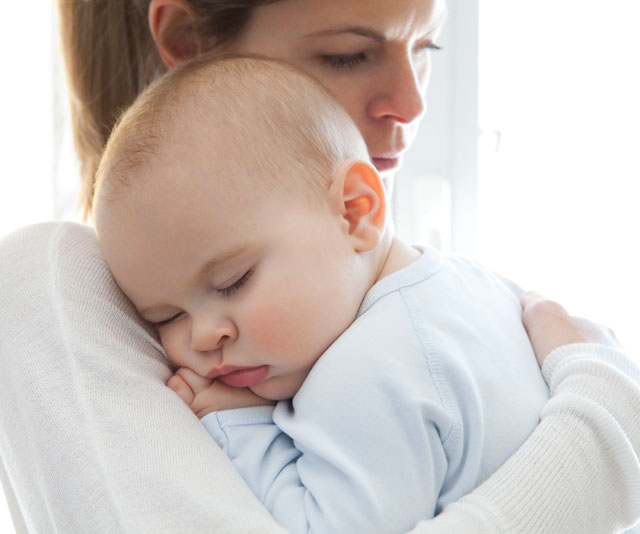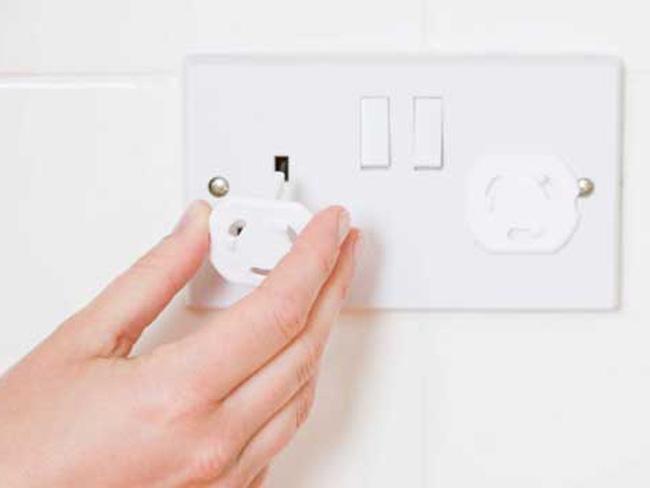New words, play time and brushing teeth
Learning new words
Your 18-month-old will be starting to put two words together, and this is the start of sentence building . Want to help your toddler learn a whole new bunch of words? Get pointing! Research shows that children with parents who gesture more have larger vocabularies.
Point to objects: Pointing to an object you’re referring to, or holding it up to show her while you’re talking about it, can help her learn its name.
Mime an action: Pantomiming actions while you’re talking about them can help your toddler understand what verbs mean. Unlike nouns, verbs aren’t always present and touchable – a ‘jump’ is only here for the split second you’re doing it – so they’re harder to learn.
Gesture as you read: Gesturing toward pictures in a book can help your toddler understand how the words she’s hearing relate to things she’s seeing. Pointing to a character while you say its name, or pantomiming actions with your fingers as they happen, will help her understand the story and learn the words.
Embrace incy wincy: Sing songs to your baby that include gestures, whether they involve bus wheels, or knees and toes.
Act out a message: The next time you find yourself telling your little one something you’d really like her to remember – for example, not eating the dog’s biscuits – don’t merely rely on your words to get the message across. As you talk, push the bowl away with your hands and grimace. And maybe, just maybe, she won’t do the same thing tomorrow!

Pointing to objects can help your child learn what they are called. (Image: Getty Images)
Play time
Most tots love to look at themselves in the mirror and by around 18 months, she’ll start to understand that the reflection is herself. To test this, try putting a dab of lipstick on her forehead. If she touches the spot on the mirror, chances are she doesn’t understand the reflection is her. But if she touches her own forehead, she does.
You can have lots of fun while helping your toddler to reach this understanding. Stand with her in front of a mirror and touch your nose, then ask her to do the same. This gives her a distinction between her nose and Mummy’s nose, and develops that sense of self.
If your child can entertain herself for 10 minutes or more, she’s playing independently. This usually happens around 18-24 months. Support this skill by providing your toddler with toys that encourage her to use her imagination, such as wooden blocks. And don’t think you have to leave your child alone for her to be playing independently.
A little one will happily play by herself sooner if you are in the same room. Be interested in her game and chat about what she’s doing even though you are focused on another task. This allows you to check that she’s playing safely.
Brushing teeth
By 18 months, you should have moved from ‘brushing’ their teeth using your finger and a pea-sized blob of kids’ toothpaste to using a baby toothbrush and paste. Some toddlers will attempt to brush their own teeth but it’s still a good idea have a turn after them – supervised brushing is recommended to the age of 7. Remember to brush after the last drink of the day, as milk contains natural sugars that will sit on their teeth all night.
It can take up to three years to get the full complement of 20 baby teeth, culminating with cutting their second molars and possibly a visit to the dentist.

